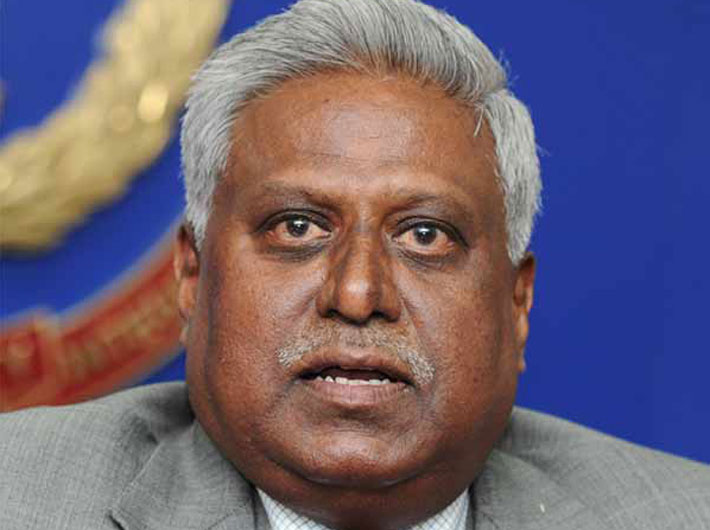SC removes immunity for 250-odd top bureaucrats but departmental sanction is still needed
The more things change, the more they remain the same. This truism can be aptly applied to the working of the central bureau of investigation (CBI) following the decision by a constitutional bench of the supreme court that set aside legal immunity to officers of the rank of joint secretary and above from investigation into corruption cases against them.
When the judgment was delivered, it appeared to be a determined move to root out corruption from the executive. By doing away with the legal shield, the CBI would be free to proceed against officials against whom corruption complaints are filed with prima facie evidence. So far, the process was cumbersome as the CBI was required under the legal mandate to seek approval of the concerned department even before initiating preliminary enquiry.
Does it mean an end of corruption now? Far from it, such a move in isolation places the CBI in greater dilemma than before. In fact, it triggers a vehement opposition from the top layer of the bureaucracy which cajoles and often bullies the political leadership to restore its immunity. This was done in the past too. Earlier this immunity existed in the form of the ‘single directive’ which restrained the CBI to proceed against any official of the rank of joint secretary and above without approval from the concerned department in which he or she served.
In the Vineet Narain case in 1997, the SC put in place the mechanism of the central vigilance commission (CVC), holding the single directive as invalid and violative of fundamental rights. The arguments advanced against the single directive then were the same. How come a set of 250-odd officers were allowed to enjoy immunity not available even to any public servants, including political leaders?
During the NDA regime, these officials found a great sympathiser in law minister Arun Jaitley who concurred with their view that without legal immunity, they would hesitate in taking even genuine policy decisions. Jaitley piloted a bill which restored immunity to this set of bureaucrats in 2003. However, the specious logic of legal shield offered by the NDA regime did not cut ice with most of the people worried about growing menace of corruption.
A top CBI official pointed out that by any logic, a minister is no less responsible for policy decision than any official of rank of joint secretary and above. “If a minister does not enjoy this immunity, how can it be extended to a set of bureaucrats,” he said. He also contested the fact that an unbridled CBI would pick on bureaucrats at random and paralyse the government functioning. “This amounts to showing distrust in an institution which is the creation of the government,” he said.
Records available at the CBI also fly in face of the argument that the CBI would go berserk against bureaucrats if it is allowed a free rein. As of now, only a dozen cases against officials are pending for want of clearance from the concerned departments. The SC's decision would only enable the CBI to initiate investigation in these cases without delay.
But what appears to be the biggest hurdle is clearance for prosecution of those officials found guilty after due process of investigation. At least 150-odd cases of such officials are still pending for clearance from the government even though they are found to be involved in corruption after due process of legal scrutiny. This implies that the final authority of prosecuting an official still rests with the government in spite of the SC order. Those expecting a boost for anti-corruption forces after the SC order are yet to see light at the end of tunnel.

